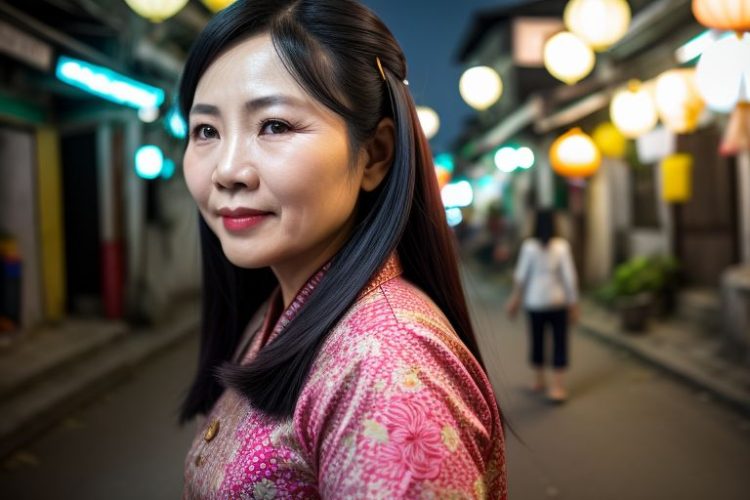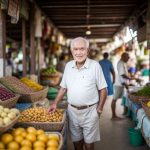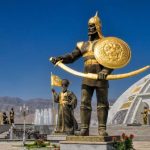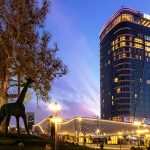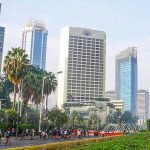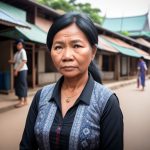Retiring in Vietnam has become more popular because it offers rich culture and beautiful landscapes along with affordability. This guide is meant to help you plan your retirement in this South East Asian country.
1. Why Retire in Vietnam?
Affordability: Vietnam is relatively cheap compared to most Western countries. Accommodation, food, and transport, in general, are pretty inexpensive.
Warm Climate: Have a feel of the tropical climate that is warm all year round, especially in the southern parts of Vietnam.
Culture and History: Rich cultural heritage with vibrant traditions and historical landmarks.
Healthcare: Access to public and private health facilities, most of which have been reported by expatriates as being good and affordable.
2. Popular Retirement Cities
Ho Chi Minh City: This is the biggest city in Vietnam, typified by a busy urban life, modern facilities, and a fair share of expatriate communities.
Hanoi: The capital of Vietnam, it combines traditional and modern culture, beautiful architecture, and great history.
Da Nang: A relaxed coastal city with beautiful beaches and an ever-expanding ex-pat community.
Nha Trang: With its fabulous beaches and resort lifestyle, Nha Trang has become very popular with retirees looking for a slower setting
3. Cost of Living
Housing: Prices depend on the area. The cost of housing is relatively high in cities and low in rural areas. Places range from affordable apartments to luxury villas.
Food: Eating out is cheap; one gets street food and local restaurants very cheap for delicious meals. Groceries are reasonably priced.
Utilities and Transportation: Generally, utility costs are low, and most kinds of transportation, such as motorbike renting or public bus systems, are cheap procedures.
4. Visa and Residency
Visas: Most retirees use tourist visas or long-term visas. Vietnam does not have a retirement visa at this time. That said, it is possible to stay long-term through other types of visas.
Residency: Temporary residence is possible for foreigners by applying for it under several categories of visas. It’s always necessary to keep an eye on changes in the regulations regarding visas and seek advice from a local to get the best route.
5. Healthcare
Quality of Care: Vietnam has both public and private healthcare facilities. The major cities have modern hospitals that are up to international standards.
Insurance: It is probably a good idea to purchase health insurance that will cover your medical expenses, as many other expats do. International health insurance packages are very popular.
6. Culture and Lifestyle
Language: Vietnamese is the official language. While more and more people speak English in urban areas nowadays, learning some basic Vietnamese might be helpful and make things easier for you.
Social Life: Get involved with local clubs, expat groups to meet people and get some social life. Colorful cultural festivals, markets, and other events make for some very singular experiences in Vietnam.
Travel: Diverse landscapes, ranging from some of the world’s most pristine beaches and mountains to vibrant cities and historic sites, make Vietnam a heaven of travel. At a reasonable size and low travel costs, it is an easily accessible country to move around in.
7. Practical Tips
Banking: Open a local bank account for convenience. Also, there are many ATMs available, and most places accept credit cards.
Safety: Vietnam is pretty safe for retirees; however, all standard precautions should be taken, with a view to local conditions.
Climate: Be prepared for a tropical climate, hot and humid. Pack accordingly, and take plenty of water.
Conclusion
Vietnam, therefore, will be the place to retire while engaging in new cultures, cost-effective living, and settings. Properly plan to embrace the local setting of life; your retirement will be very interesting and rewarding in this charming country.
Related posts:

Ray Brocklesby, the site owner, is a Brit who now lives in the Philippines. He is retired and lives with his wife Weng, Daughter Kristelle, nephews, Harvey and Boknoy, and mother-in-law. Ray also has a son and daughter living in the UK, and a son in New Zealand.

